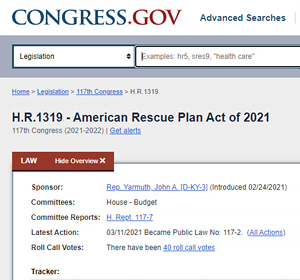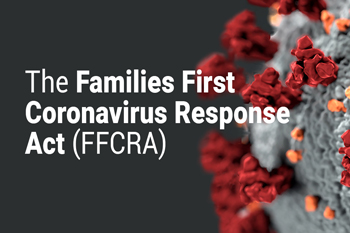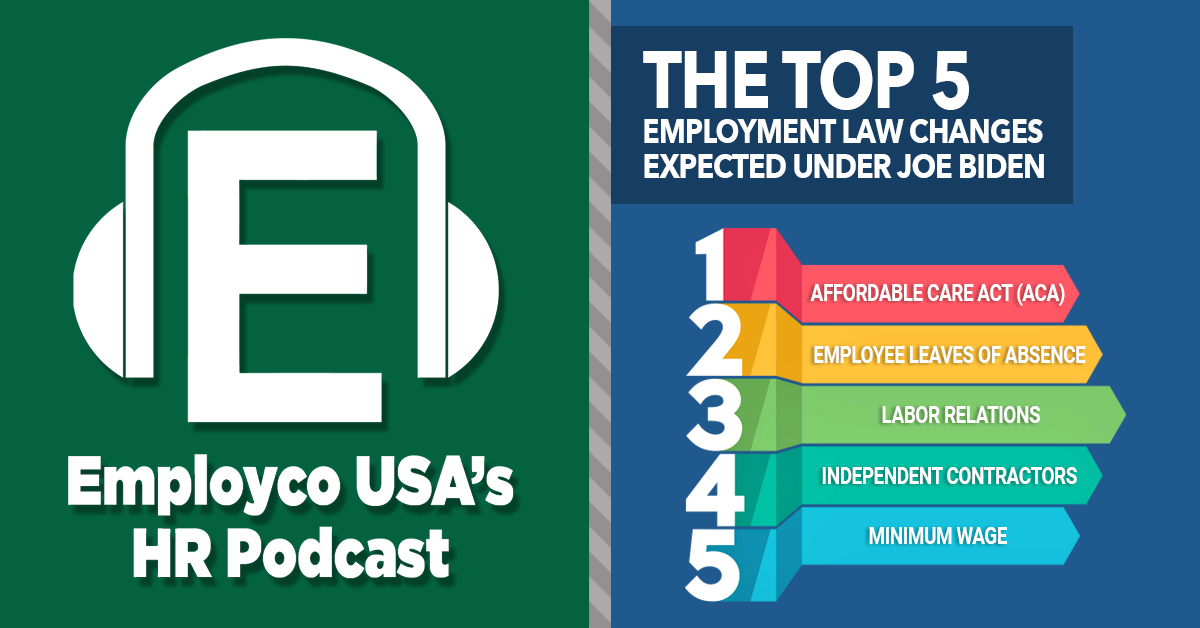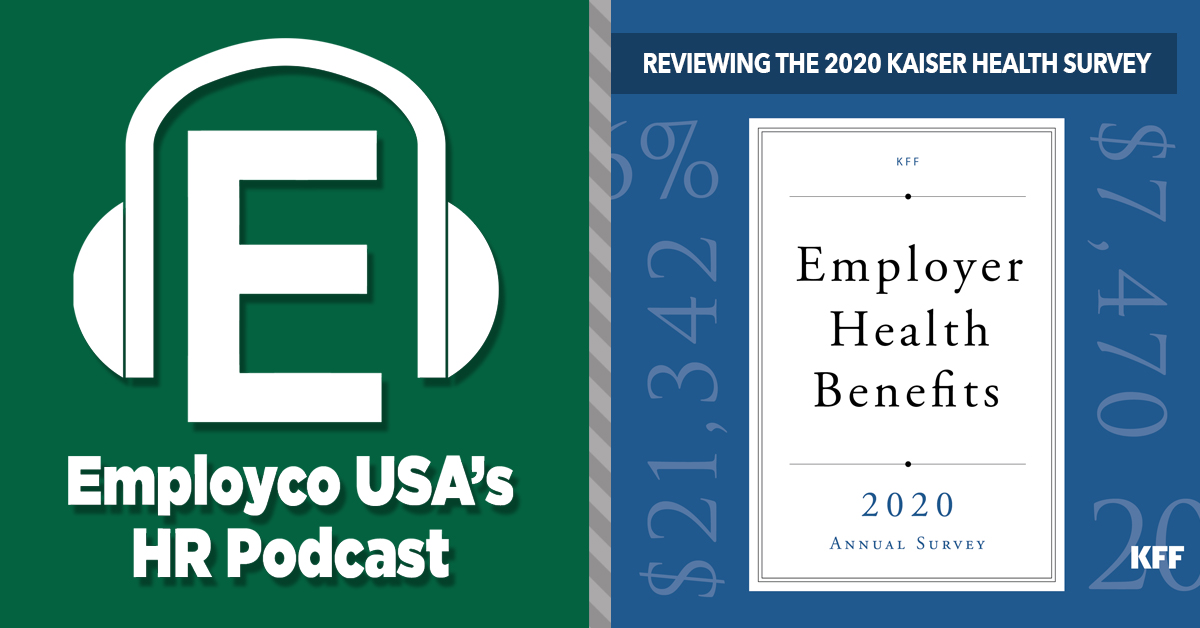Employment trends expert Rob Wilson discusses Biden’s Rescue Plan and what it means for companies
 President Biden’s ‘American Rescue Plan’ includes several key changes to employment-related categories. It’s crucial for employers to become educated about how these changes will impact their policies moving forward.
President Biden’s ‘American Rescue Plan’ includes several key changes to employment-related categories. It’s crucial for employers to become educated about how these changes will impact their policies moving forward.
“Now is the time that employers should prepare for these upcoming changes,” says Rob Wilson, President of Employco USA and employment trends expert. “There are many modifications to the FFRCA ‘COVID Pay’ categories which will impact the way that you reimburse employees and approach things like sick leave.”
First, says Wilson, is the fact that employers now have the ability to offer employees paid leave through September 30, 2021.
 A new study has found that nearly 50% of American workers are currently struggling with substance and alcohol abuse. The numbers illustrate the stark ways in which the pandemic has impacted the mental and physical health of Americans.
A new study has found that nearly 50% of American workers are currently struggling with substance and alcohol abuse. The numbers illustrate the stark ways in which the pandemic has impacted the mental and physical health of Americans. With vaccines rolling out across the country and millions of Americans preparing for a post-COVID reality, research suggests that many people would rather continue working from home than returning to the office. A new ‘Return to Workplace Survey’ from
With vaccines rolling out across the country and millions of Americans preparing for a post-COVID reality, research suggests that many people would rather continue working from home than returning to the office. A new ‘Return to Workplace Survey’ from  With Inauguration Day upon us, many people are looking ahead at the first steps President-elect Joe Biden plans to take when he gets into office. One of his first major proposals (which Biden introduced last Thursday in his $1.9 trillion relief package) will be to increase the federal minimum wage from $7.25 to $15.
With Inauguration Day upon us, many people are looking ahead at the first steps President-elect Joe Biden plans to take when he gets into office. One of his first major proposals (which Biden introduced last Thursday in his $1.9 trillion relief package) will be to increase the federal minimum wage from $7.25 to $15. On January 1, provisions for COVID-related sick leave under the Families First Coronavirus Response Act will expire. These provisions were created to help buffer the economic pain felt by people who either tested positive for coronavirus or may have come in contact with someone who tested positive for coronavirus, or for parents who needed to provide childcare in cases where daycares or schools were shut down due to virus exposure. But, in just two weeks, these protections will end.
On January 1, provisions for COVID-related sick leave under the Families First Coronavirus Response Act will expire. These provisions were created to help buffer the economic pain felt by people who either tested positive for coronavirus or may have come in contact with someone who tested positive for coronavirus, or for parents who needed to provide childcare in cases where daycares or schools were shut down due to virus exposure. But, in just two weeks, these protections will end. With the COVID-19 pandemic, many people were forced to cancel their vacations, weddings, cruises, and other planned leisure activities. As a result, workers across the country have collected many days’ worth (or even weeks’ worth) of paid time off, which will need to be used by year’s end or could be potentially lost forever.
With the COVID-19 pandemic, many people were forced to cancel their vacations, weddings, cruises, and other planned leisure activities. As a result, workers across the country have collected many days’ worth (or even weeks’ worth) of paid time off, which will need to be used by year’s end or could be potentially lost forever.

 In order to respond to the continuing COVID-19 crisis which has left millions of people out of work and the economy on the brink of disaster, health insurance and employee benefits are being temporarily revamped to mitigate these pressing concerns.
In order to respond to the continuing COVID-19 crisis which has left millions of people out of work and the economy on the brink of disaster, health insurance and employee benefits are being temporarily revamped to mitigate these pressing concerns.
